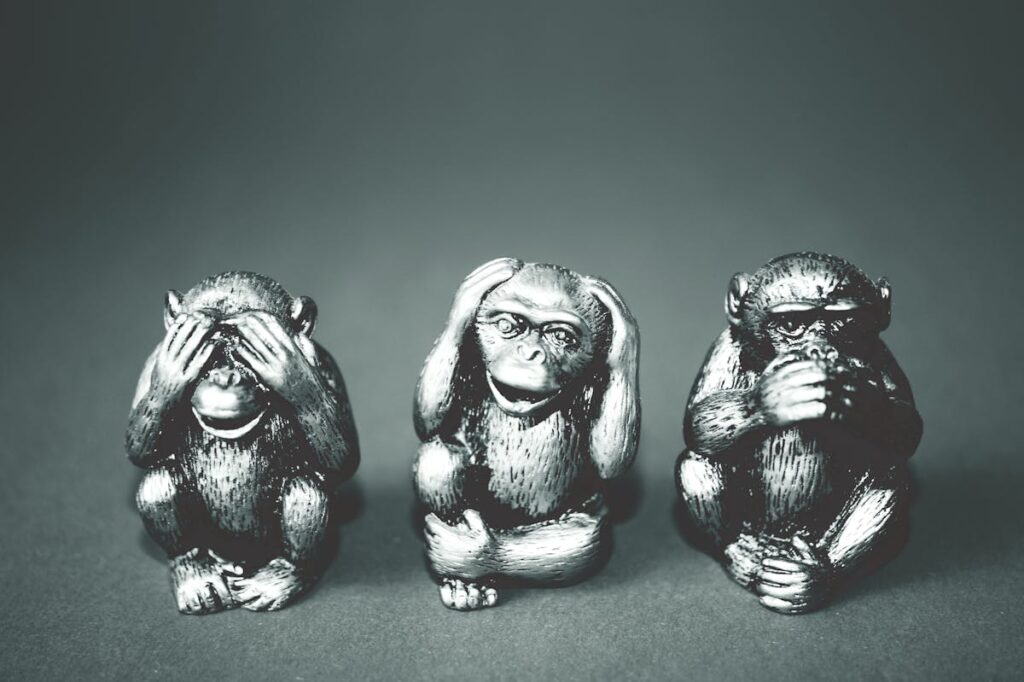
When a novelization of a film is done well, it should feel like more than just a scene-by-scene transcription—it should deepen the themes, stretch the atmosphere, and give us something new to chew on. Elisabeth Hand’s 12 Monkeys, based on Terry Gilliam’s 1995 film, manages just that. It doesn’t just recount the story of James Cole, a convict sent back in time to trace the origins of a virus that wipes out most of humanity. It lingers in the disorientation, in the grimy paranoia, in the creeping suspicion that history isn’t something we control so much as something we stumble through.
What made 12 Monkeys unsettling when it first hit theaters was how unhinged it felt, how it blurred the line between psychosis and prophecy. The novel captures that same unease, but in the years since its release, reality has shifted in ways that make it feel even closer to home. The idea of a world-ending pandemic was once the stuff of dystopian fantasy. Now, it’s just recent history.
Reading 12 Monkeys today, post-COVID, the novel’s dystopia doesn’t seem so far-fetched. A virus reshapes the world; institutions struggle to contain it; people fracture into factions—some trusting the science, others convinced of deeper conspiracies. The Army of the 12 Monkeys, an environmentalist fringe group dismissed as harmless lunatics, reads eerily like a prototype for today’s internet-fueled ideologues—groups that may start as absurd outliers before their rhetoric finds its way into the mainstream.
But the book isn’t just prescient in its broad strokes. Its deeper theme—whether we are truly capable of changing the course of history or whether we are doomed to repeat it—feels particularly pointed now. Cole, the time traveler, moves between past and future but can never quite alter the outcome. His knowledge of what’s to come changes nothing. If that doesn’t feel like an indictment of modern politics—of our collective amnesia, our inability to learn from crisis after crisis—I don’t know what does.
Hand’s prose is sharp and propulsive, never getting lost in the mechanics of time travel but instead keeping the focus on its characters: the haunted, bewildered Cole; the skeptical yet increasingly unnerved Dr. Railly; the unsettlingly charismatic Jeffrey Goines. The story’s tension doesn’t come from big action sequences or flashy set pieces. It comes from the slow, dawning realization that we’ve been here before—and that we’ll probably be here again.
What 12 Monkeys ultimately leaves us with is a question: Are we actually living in a world with free will, or are we just following a script? Given the state of things, it’s not a question I’m particularly eager to answer.
Join us in making the world a better place – you’ll be glad that you did. Cheers friends.